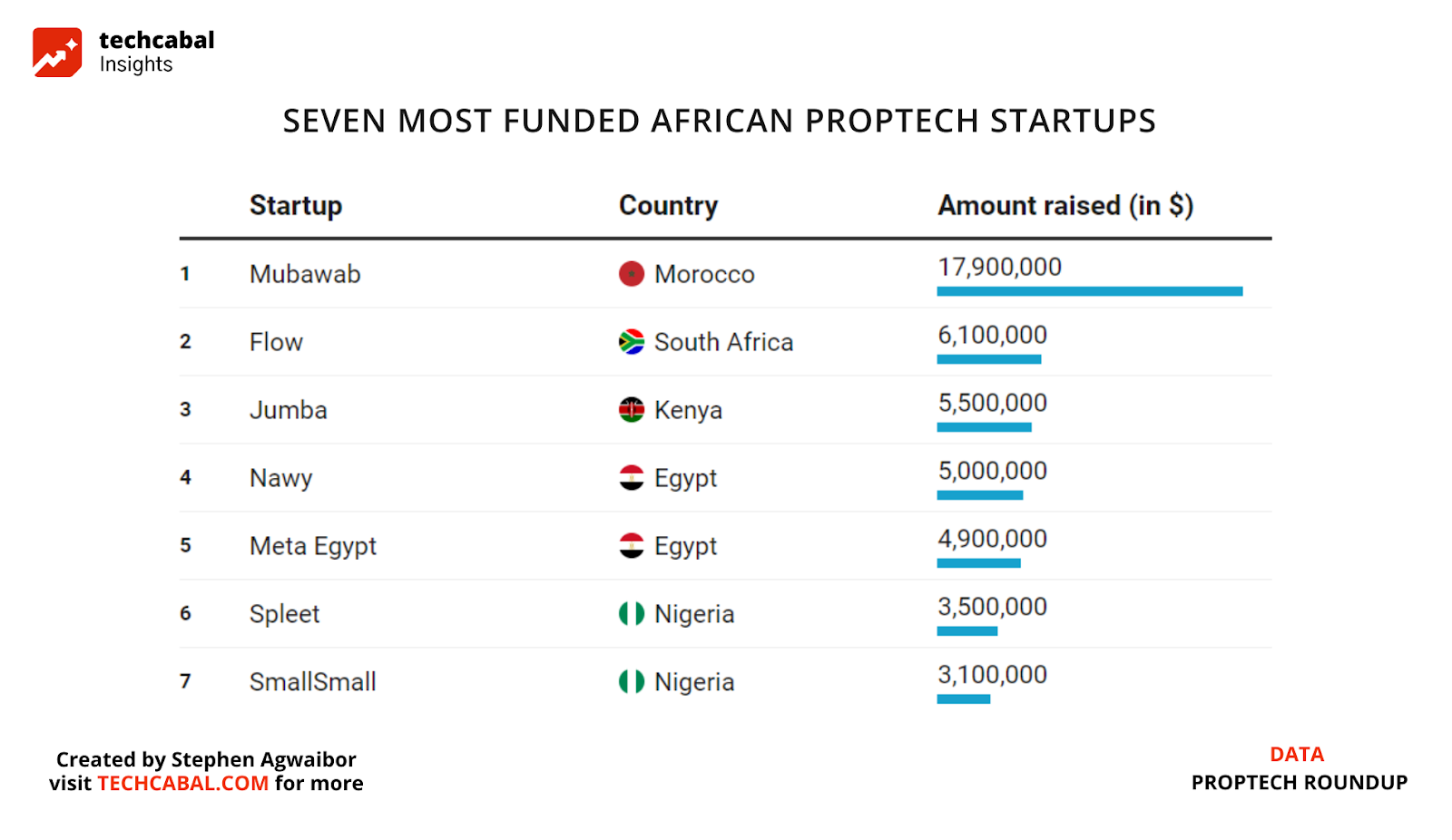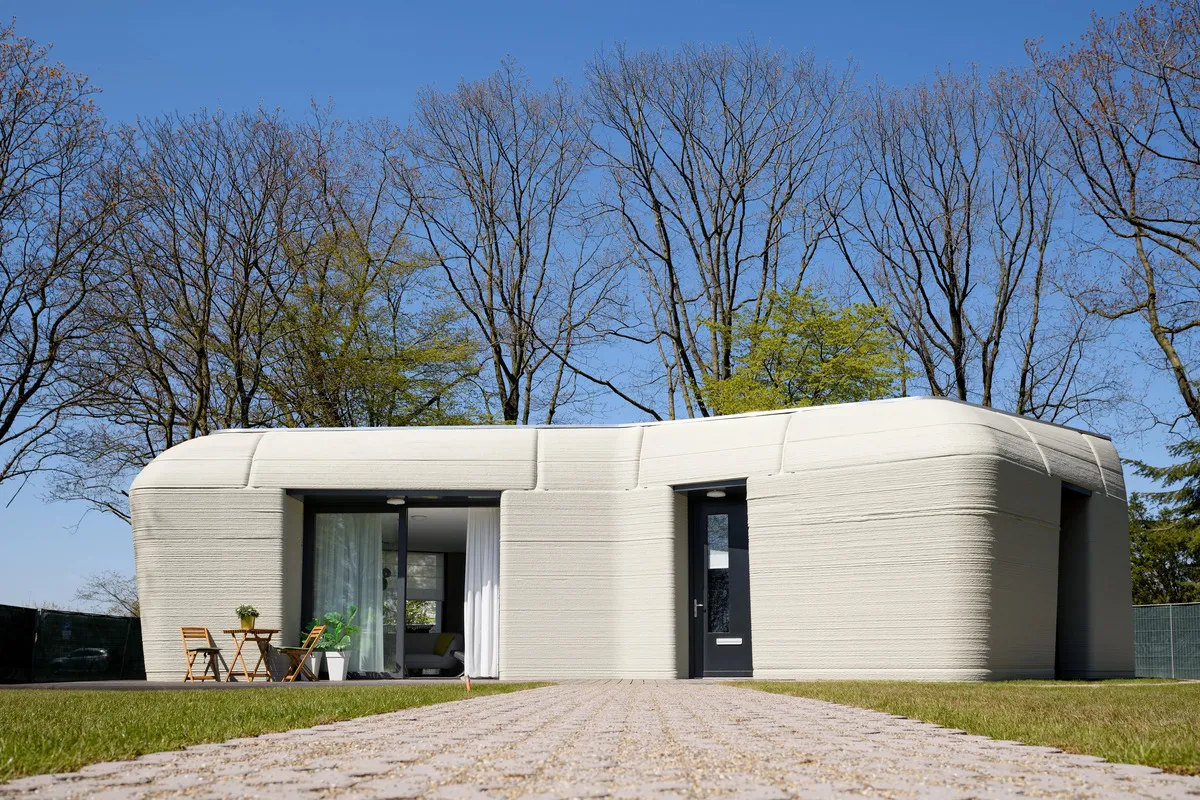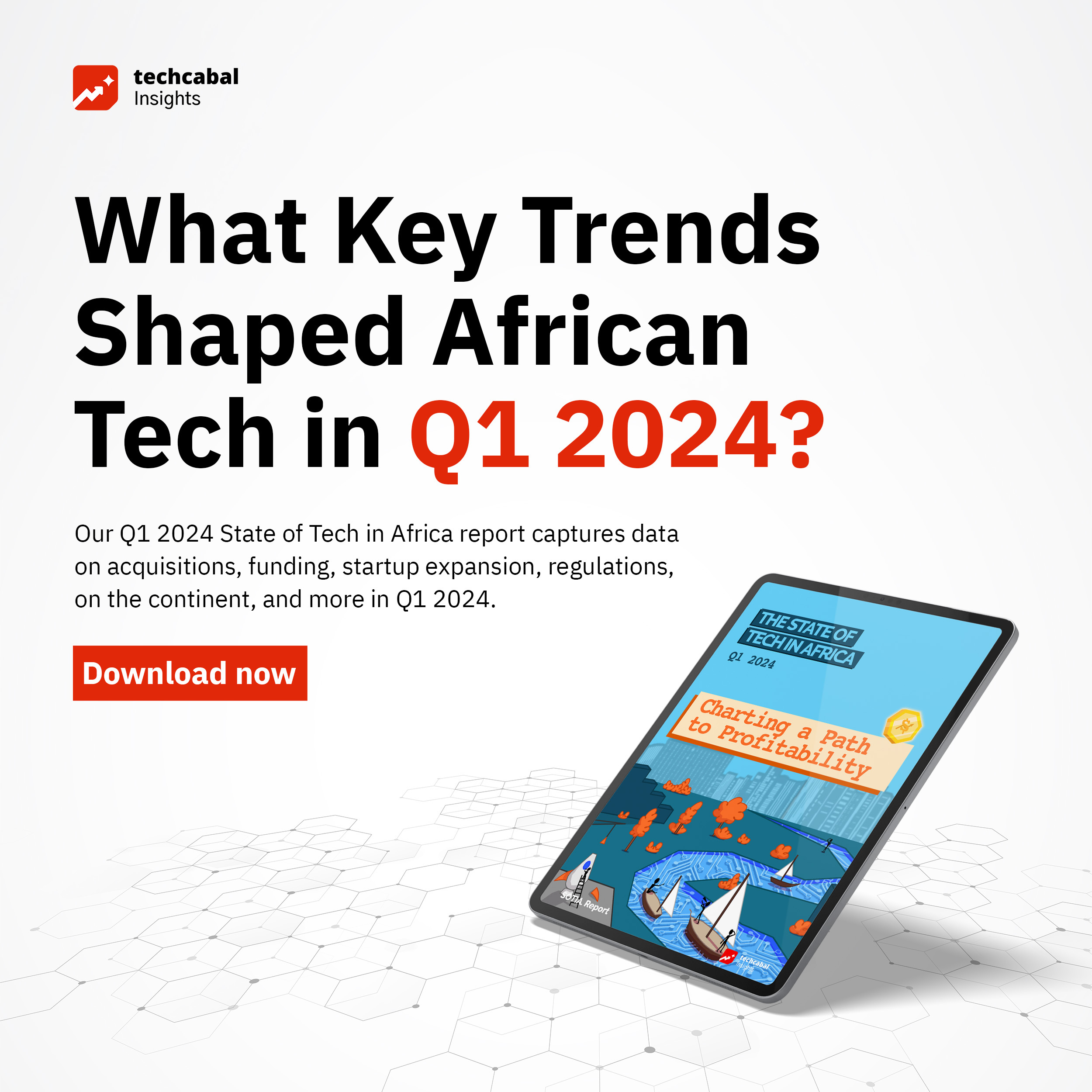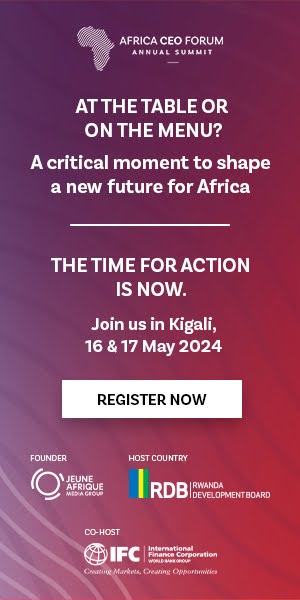
First Published 28 April, 2024
Proptech’s growth over the last seven years has slowed, as funding in the sector has sharply declined. Globally, VCs disbursed $1.8 billion among Europe’s proptech startups in 2022; the following year, that amount dropped to $478 million. In Africa, for the last two years, proptech has failed to attract up to one percent of VC funding.

The most funded African proptech startups have raised over $40 million collectively. Chart by Stephen Agwaibor, TC Insights
Unsurprisingly, startups in the sector have had to scale down operations or go quiet. In February, Spleet, a property tech startup that raised $2.6 million in 2022 laid off workers due to “macroeconomic conditions”. Fibre, a Nigerian proptech startup which raised $790,000 in funding, has since closed shop. MyPadi, an Echo Vc funded startup that helped students to get accommodation, also sunset its operations in 2018, two years after its founding. Other startups like Muster, HutBay and Kwaba have slowly faded to the background, failing to revolutionise Nigeria’s housing market and solve a worrying housing deficit. Audit firm PwC estimates that Nigeria holds at least $300 billion worth of dead capital in residential real estate and agricultural land alone. This continued decline in the proptech industry accounts for an estimated 28 million housing deficit in Nigeria. In Lagos, Nigeria’s commercial capital, the government has failed to meet 50% of the housing deficit.
Despite claims by stakeholders of inflation and high interest rates affecting the growth potential of real estate, the fact is, generally, proptech has failed to evolve. Many Nigerian proptechs established more than seven years ago have been unable to transform real estate using technology. At best, what these startups offered were monthly rent payments and listing properties for sale or rent online.
Next Wave continues after this ad.
A genuine worry for proptech is pricing. Most of the properties available for rent are usually out of the reach of the younger working population (Gen Zs and millennials). The property market in some Nigerian states like Lagos and Abuja are littered with mansions and exorbitant prices that no average salary earner just starting out their career can afford. One real estate developer I spoke to has however maintained that the demand for affordable studio apartments and mini flats are on the rise. He also added that smaller apartments are easier to sell than luxury properties.
Next Wave continues after this ad.
What then is the future of proptech?
As a way to rethink the future of housing, we should see more of three possible solutions: crowdsourcing of real estate projects, the use of tech-driven advancements in construction, and rent-to-own schemes that make real estate attractive to the millennials and Gen Zs.
Partner Content:
Read: Africa’s youngest film distributor, Ugonna Nwabueze unveils African streaming platform
here.
Crowdfunding real estate projects involves the different models of attracting investments into the sector through venture capital, institutional investment, as well as the use of platforms for trading Real Estate Investment Trusts (REITs). REITs allow more investors to fund real estate projects and get equity off their investments. Construction, on its part, has evolved to include advanced materials, 3D printing, robotics, and digital tools for project management, design, and collaboration.
Next Wave continues after this ad.
3D printing in construction is the latest innovation that has swept through several parts of Europe. It is generally faster, eco-friendly and cost effective. The output of the designs are usually aesthetically pleasing, making use of layer-by-layer additive manufacturing processes that provide future-focused designs.
Partner Content:
Read: Do crypto with Quidax and earn money while at It
here.
Another innovative form of construction tech is the use of robots in automated bricklaying, dangerous or difficult tasks or in the inspection of hard-to-reach structures, reducing risks and improving efficiency. This research paper, credited to the School of Architecture and the Built Environment in Sweden, looks into how robots are navigating construction.
Next Wave continues after this ad.
In addition to this is the use of advanced building resources like self-healing concrete and energy-efficient materials that can help real estate develop structures that integrate solar panels, hence saving energy consumption.

Exterior photo of the Milestone project | Source: Archilovers
The coming together of crowdfunding and 3D printing in construction can drive down construction costs, presenting an opportunity for younger generations to adopt a rent-to-own model that is innovative, futuristic and that can tackle the housing deficit in some parts of Africa.

The different waves of proptech rvolution | Source: Table credited to bas-ip.com
The future of proptech must progress from the first wave’s solutions, which included online listings and search platforms. Now that we are well into the third wave, proptech in Nigeria, and Africa by extension, must integrate advanced technologies to regain its attractiveness.
Joseph Olaoluwa
Senior Reporter, TechCabal
Thank you for reading this far. Feel free to email joseph.olaoluwa[at]bigcabal.com, with your thoughts about this edition of NextWave. Or just click reply to share your thoughts and feedback.
We’d love to hear from you
Psst! Down here!
Thanks for reading today’s Next Wave. Please share. Or subscribe if someone shared it to you here for free to get fresh perspectives on the progress of digital innovation in Africa every Sunday.
As always feel free to email a reply or response to this essay. I enjoy reading those emails a lot.
TC Daily newsletter is out daily (Mon – Fri) brief of all the technology and business stories you need to know. Get it in your inbox each weekday at 7 AM (WAT).
Follow TechCabal on Twitter, Instagram, Facebook, and LinkedIn to stay engaged in our real-time conversations on tech and innovation in Africa.

























